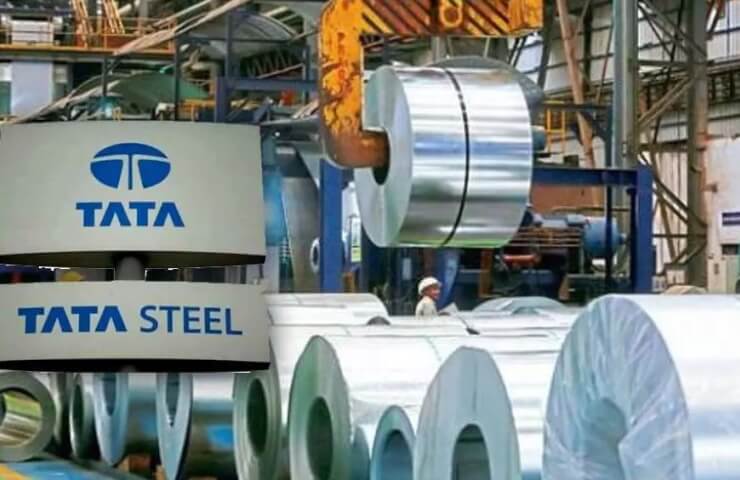Fitch Ratings expects Tata Steel Limited (TSL, BB+/Positive)'s seven-unit merger plan to increase EBITDA from purchasing and marketing synergies, as well as lower royalties. However, the financial benefit is likely to be small and could take several quarters to materialize, depending on the pace of regulatory approvals.
Indian company TSL announced on 22 September 2022 that its board of directors has approved a merger with six subsidiaries and one associate using a share swap instead of cash. The proposed merger aims to improve management efficiency and obtain synergies from centralized purchasing, inventory optimization and unified marketing. According to news reports citing the CFO, TSL is estimating annual cost savings of more than INR 8 billion, with lower royalties making a big contribution. Based on this, we believe that TSL's EBITDA could improve by 3%-5% after the synergy effect is realized. TSL consolidates the financial performance of six subsidiaries and the associated company's debt and EBITDA are insignificant compared to the TSL group.
However, the proposed transactions may take several quarters to complete. The mergers will be subject to a regulatory approval process that includes approval by the stock exchanges and the Court of National Companies (NCLT). TSL's previous merger with its subsidiary Tata Steel BSL Limited was completed in Q4 2021 following NCLT approval following board approval of the plan in April 2019.
Steel prices in India have fallen sharply since May 2022, with hot rolled coil prices down more than 20% in August from the April average. The fall in domestic prices was caused by global trends, as well as the imposition of a 15% export duty by India on a number of steel products from May 22.




